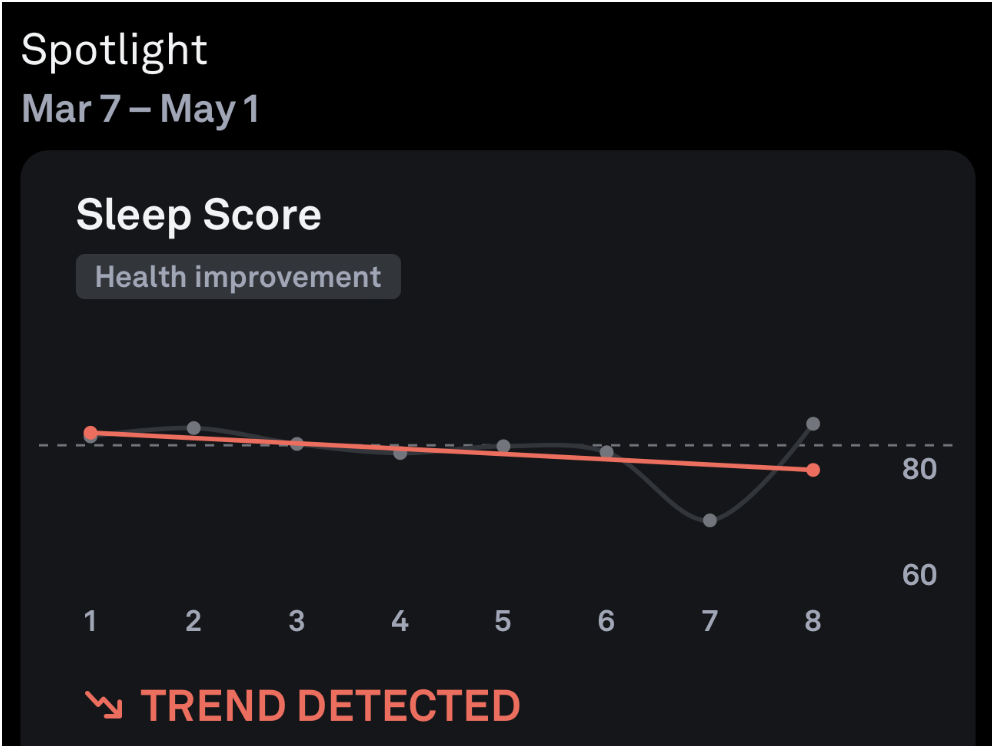This year, I’ve lived and worked in 4 time zones. Here’s how I handled adapting as quickly as possible to keep sleeping.
I’d be lying if I said my sleep had been awesome across the board. But I have been able to generally sleep at the right time in each time zone. Here are my tricks.
How do you acclimate your sleep to shifting time zones? This is what I do:
- Stay up until it’s the “right time” to go to bed in the new time zone
- Nap judiciously. Don’t overdo it!
- Get up with the sun to influence your circadian rhythm
- For US time zones, be consistent with your origin time zone as much as you can
Here’s a little more color to those 4 steps.
Just Stay Up
By far the biggest jump this year has been from Pacific Time (GMT -8) to Singapore Standard Time (GMT +8). We flew from 11AM PT to 7:30PM SST. It was a grueling flight from SFO (San Francisco) to SIN (Singapore) and I only let myself lightly doze, no hardcore falling asleep. This meant I was good and tired by the time we got in. We grabbed a quick bite and went to bed.
While sleep wasn’t amazing, it was on track for the rest of the trip.
Nap Judiciously
Coming back from SG was much worse. We left in the morning and got into SFO at like 9:30 AM. That’s a long time without sleep if I waited til night. I let myself nap, but made sure to get up and do some stuff before bedtime. No going to bed at noon for the night.
Up with the Sun
Our bodies work on a circadian rhythm. Light helps regulate that rhythm. Nothing tells your body to hold it together like staying on schedule with the sun. If you want to influence your circadian pacemaker, use natural light.
For US Time Zones, Stay in Range
Most of my time has been spent in US time zones this year. Our HQ is in CT in Nashville, but I’ve spent time in Florida (ET) and California (PT) too. I try to continue to operate largely on Central Time regardless of location. That makes for some hellishly early meetings on the west coast and some later evenings than I like on the east coast, but it definitely helps keep me operational.
I try to avoid extremes as well. Still going to bed and getting up basically with the sun. I don’t try to get up before the sun unless it’s absolutely necessary, but I also try to avoid sleeping in. Here’s how it shakes out.
Here are sunrise and sunset times across the US zones for today (5/1)
- Florida (Lakeland): Sunrise = 6:47AM, Sunset = 8:03PM. If I get up at sunup, it’s almost 6AM in Nashville.
- Nashville: Sunrise = 5:54AM, Sunset = 7:35PM
- Los Angeles: Sunrise = 6:03AM, Sunset = 7:37PM. If I get up with the sun, it’s 8AM in Nashville and I have just enough time to get ready for work at 9. As long as I go to bed close to sundown (usually around 8 or 9), I will have no issues falling asleep by 10PM when I get home to Nashville.
I’m no expert. But this has worked pretty well for me.

My Oura ring* is screaming bloody murder, but by and large, I’m staying on track. Exploring the world is a lot more fun if you’re well rested.
*In case you’ve been living under a rock, Oura rings are health monitoring devices that got their start in sleep tracking. Buy one.

